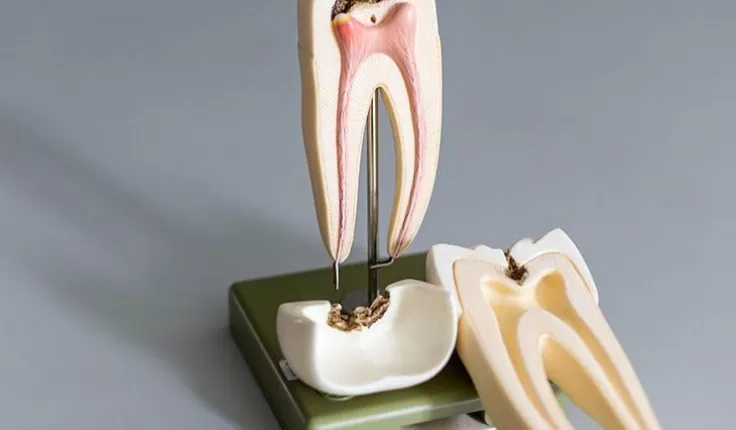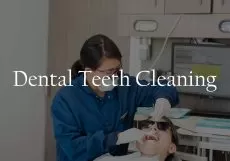How long will your face be swollen and in pain after a root canal?
0 Views

Your dentist won’t let your experience any pain during and after your root canal treatment; here are a few things you should know to help your root canal procedure:
Wait for Numbness
You should ask your doctor during your first consultation about your treatment’s pros and cons. You should find after the procedure that your symptoms have abated. However, you should not hurry and celebrate by eating a giant and juicy chunk before your dentist let go of your anesthetic wears off. You may eat your cheek and tongue and damage your mouth without noticing it. Your dentist will also provide some guidelines on what to eat and when.
Some Tenderness Is Normal
After the emergency root canal treatment, you will find it completely normal to feel tenderness around your teeth while opening and closing your jaws. Your dentist will quickly treat and counter the pain with the help of medication. Suppose you feel any severe or mild discomfort after your root canal treatment for more than a few days. In that case, you should immediately contact 24 Hour Emergency Dentist, who will treat your pain with OTC treatment.
Visible Swelling Is a Bad Sign
If you notice any swelling in your mouth, you should visit your doctor. You could have a post-root canal infection. Swelling, itching, or hives can also cause an allergic situation due to an anesthetic or medication.
Root Canals Require Follow-Up
Generally, your dentist covers your tooth with a barrier after root canal treatment. To prevent the health of your tooth, they advise permanent dental filling or dental crown procedure.
What can you expect after your root canal?
how long does a root canal take? You should follow all post-root canal instructions carefully. Your dentist will ask you to eat soft foods and chew on the opposite side of the root canal site until your follow-up appointment when the dentist places a permanent filling or dental crown.
Some dentists offer sedatives, such as laughing gas, oral sedation, and IV sedation, to manage the patient’s anxiety level during the treatment. While laughing gas has no significant side effects, oral sedation and IV sedation can impact your energy and mood for the rest of the day.
Can I Brush My Teeth After a Root Canal?
No dental treatment can give you a long and durable effect if you do not follow regular dental practices such as brushing and flossing your teeth twice a day and visiting your dentist at least two times a year. Once the numbing has completely worn off, you’re free to brush your teeth as you usually would. Suppose you’re waiting for a permanent filling or crown. In that case, it’s necessary to brush and floss gently around your tooth so your ongoing dental restoration won’t erupt.
Related Posts












